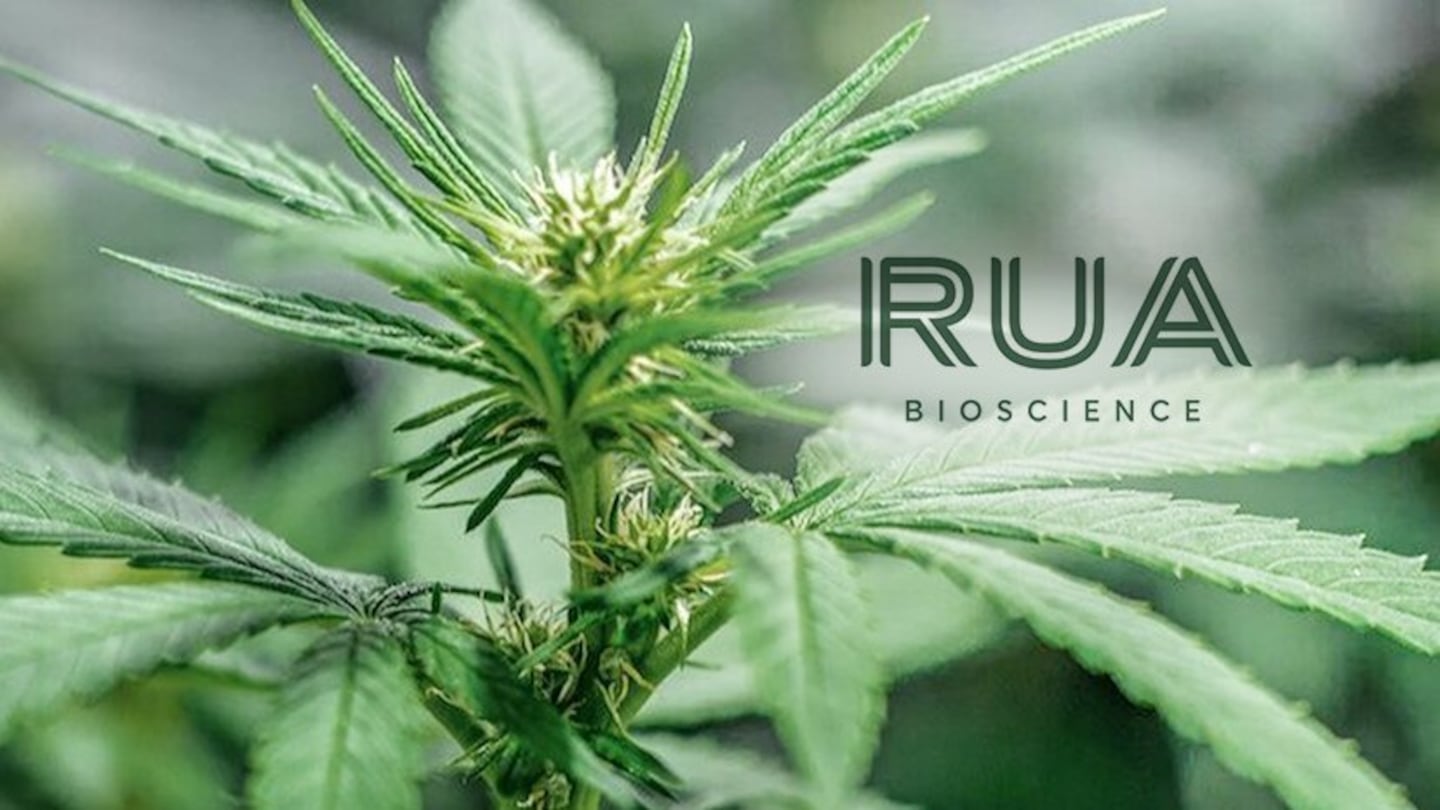Māori medical cannabis company Rua Bioscience has launched a high-THC flower product for the German market, which was developed by its Australian manufacturing and supply partner Cann Group from seeds supplied by Rua.
Rua last month stopped manufacturing in New Zealand despite the export of seeds to Australia last year, which was New Zealand's first legal export of cannabis genetics under the official medicinal cannabis scheme. The change affected one product and two staff were laid off.
Rua was originally founded with local investors to develop jobs on the East Coast but grew to become a listed company and expanded when Cann Group bought into it.
Rua's German launch makes it one of the first medical cannabis companies from Aotearoa to sell a product in Europe's medicinal cannabis market.
“Rua’s unique export-led strategy positions us as somewhat of an outlier in the New Zealand industry but positions us well globally," chief executive Paul Naske said.
Germany, then Poland
"Our desire to create opportunity here on the East Coast, our key international partnerships and our local investment in genetic discovery, each enhance our ability to access and service high-value medicinal cannabis markets around the world.”
Some 72% of medicinal dried cannabis flower prescriptions are given to treat pain in Germany, in which 77% are for high-THC flowers.
Some analysts have said the German market might be worth NZ$700 million by the end of 2023, and to reach $NZ$1.4 billion by 2025.
Rua has also submitted its first medicinal cannabis dossier for the Polish market to the regulatory authority responsible for licencing cannabis-based medicines in Poland. The submission of the dossier is the first step in accessing the high-value Polish market.
The Polish medicinal cannabis market was established in 2017 and has been described as one of the largest and fastest-growing markets in Europe. The market shows consistent double-digit growth and, according to proprietary data, could be worth NZ$92m by the close of 2023.
CFO departs as company pivots
Meanwhile chief financial officer Hamish White has resigned effective June 30. Rua Bioscience chairman Trevor Burt thanked White for his dedication and passion in a press release to the stock market.
Rua Bioscience said in March it would accelerate its global brand strategy, building its international product pipeline while developing valuable points of difference in the areas of genetic discovery and novel product development. Working with manufacturing partners, Rua expected New Zealand patients would ultimately benefit from a wider range of affordable medicines.
Naske said then that Rua had been actively exploring where true value lay in the medicinal cannabis industry, where the company’s unique strengths can propel it, and how Rua can best serve the needs of patients and investors.
“To capture value and encourage growth we will focus on our key strengths – leveraging our global-scale supply agreement and established sales and marketing partnerships across Europe to build a sustainable global company, while our world-class cultivation team in Ruatorea works on unique genetics for our established and future product pipelines.”
'Ample stocks'
Burt said then that the company remained committed to 'building a sustainable business that creates intergenerational opportunity in Te Tairawhiti".
Naske said Rua would retain its focus on the supply of GMP-certified medicines and expected to do this in a more cost-effective and expedient way, particularly for New Zealand patients.
He said there were ample stocks of Rua medicine with the appropriate shelf life available through Rua’s distributor, with stock ring-fenced for patients on Rua’s compassionate access programme. The company remained committed to developing a domestic product pipeline, ensuring prescribers and patients had access to medicines.
Rua Bioscience is today trading at 18c a share, a slight increase of 2.27%, but has seen a fall of 54% over the past year.




